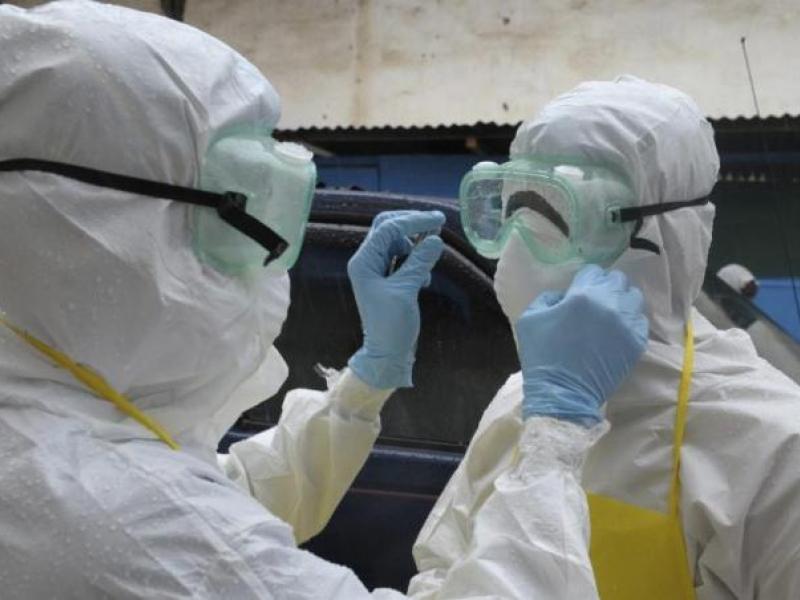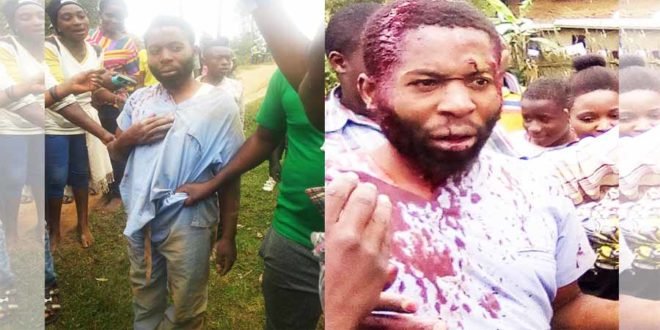Translation Google
Ituri-Ebola: vice-governor confirms new case in Tchomia
September 25, 2018 |
The new confirmed case is that of the husband of the woman who died with this Ebola outbreak at the general reference hospital in Tchomia last Thursday south of Bunia.
The interim governor Pacific Keta Upar specifies that this new case is taken care of by the caregiver deployed in the region.
"At the same time anyone who has been in direct or indirect contact is being vaccinated in Tagba, Kasenyi and Tchomia. To date, there are about twenty-five vaccinated, "he said.
A strong delegation of members of the provincial government, the Ministry of Health, members of the provincial safety committee and partners involved in the health sector had visited the Tagba weekend where the woman lived before finding the died in Chomia hospital.
Purpose of this delegation: to get involved in the activities of the response against this epidemic, to sensitize, to encourage the population, the traditional chiefs not to panic rather to accompany the health care and to respect the sanitary measures to prevent the propagation of the virus in this health zone.
Dieu merci Thuambe


















Comment